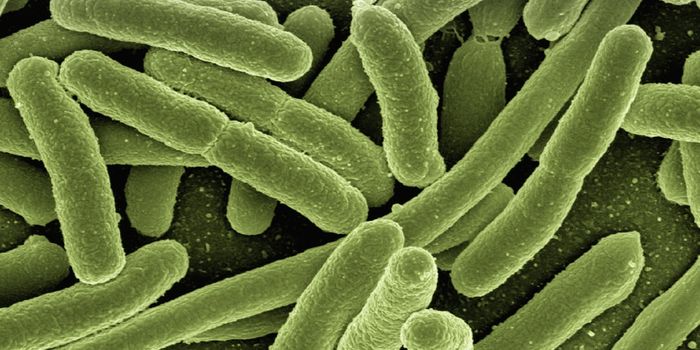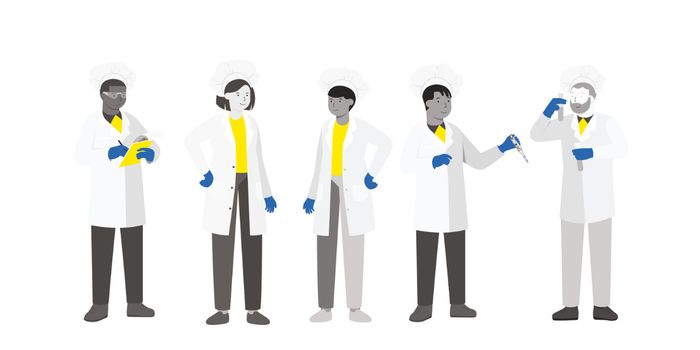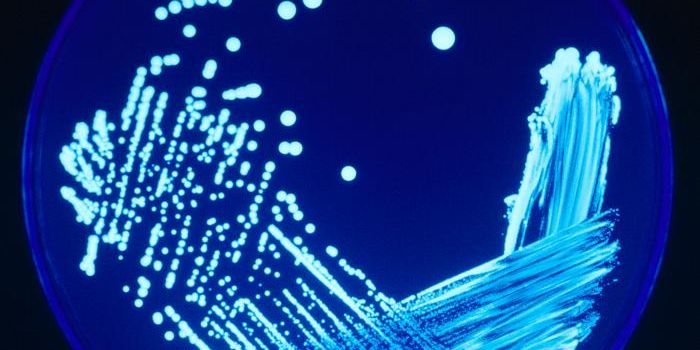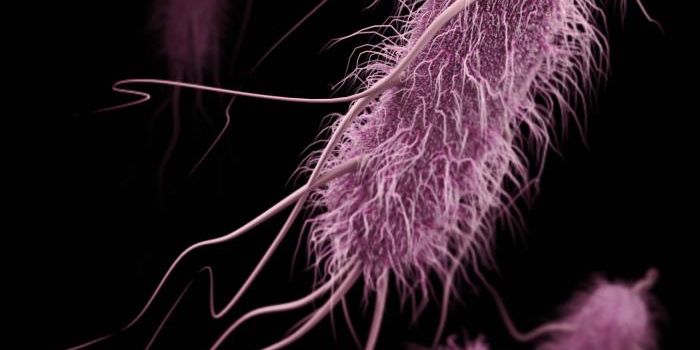Rare Antibiotic Resistance Gene Found in NY Patients
Scientists have found that four liver transplant patients in New York carried Escherichia coli microbes that contain a well known but rare gene that confers resistance to an antibiotic of last resort. The gene, called mcr-1, gives bacteria the ability to resist the effects of colistin, which is used to combat some infections that are resistant to multiple typical antibiotics. Because three of the patients that harbored the resistant microbes did not show any symptoms, they had made it possible for the infection to spread (though it did not). The work has been reported in Antimicrobial Agents and Chemotherapy.
"Our findings were part of a prospective surveillance study of patients with a weakened immune system, and our characterization of these isolates had originally missed this type of resistance, since it is not identified by conventional drug susceptibility testing," noted the principal investigator of the study Anne-Catrin Uhlemann, MD, Ph.D., an Associate Professor at Columbia University Vagelos College of Physicians and Surgeons. "While mcr-1 has been described from other parts of the world, it has been very rare in the US."
The researchers sequenced the entire genome of the bacteria found in each patient and showed that the isolates were closely related but were not the same.
"We then reviewed the clinical course of each individual and noted that the first patient had presented with an infection, whereas the other three only carried the bacteria in their feces," said Uhlemann. "None of these three patients developed an infection with these bacteria." These findings were conducted on old samples from endoscopy procedures, so the researchers did not have to treat any infections; a follow-up did not reveal more instances of the bacteria.
"The detection of this cluster demonstrates the potential for silent dissemination of mcr-1 in the US hospital setting, through asymptomatic colonization," added Uhlemann. "Our findings represent the earliest known documented healthcare-associated cluster of mcr-1 in the United States, and predates a recent report that occurred in 2017." Dr. Uhlemann emphasized, however, that this study assessed over 500 samples and did not reveal any additional cases, and "colonization was not associated with clinical infection."
Antibiotic-resistant infections already cause the deaths of about 23,000 Americans every year, according to the Centers for Disease Control and Prevention, and that number is expected to rise. By 2050, such infections are projected to kill more people than cancer. Preventing infections will be key to keeping those numbers low.
"We routinely examine the stool samples from patients undergoing liver transplantation for colonization with drug-resistant bacteria. Our findings highlight the need for ongoing surveillance of mcr-1 and other forms of transferrable resistance to polymyxins [a type of antibiotic] in the US," said Dr. Uhlemann. "
Researchers may need to find new ways to look for these infections. Patients that have compromised immune systems, which may happen because of disease, as a side effect of drugs or because of age, for example, may be especially susceptible to these types of bacteria.
Sources: AAAS/Eurekalert! Via American Society for Microbiology, Antimicrobial Agents and Chemotherapy









